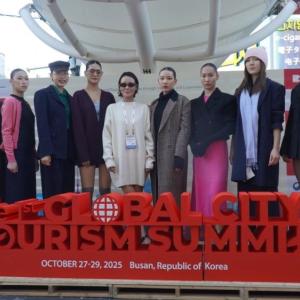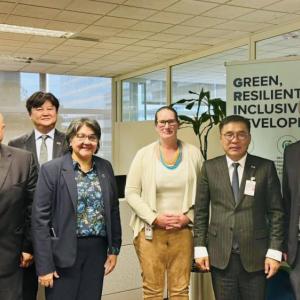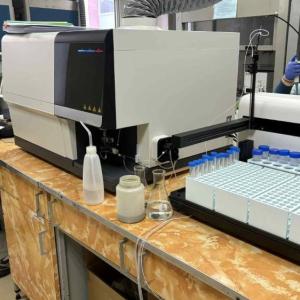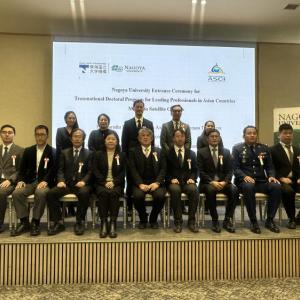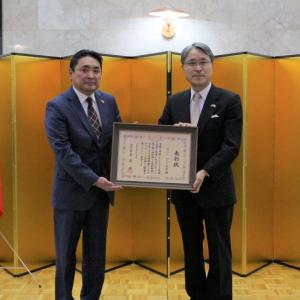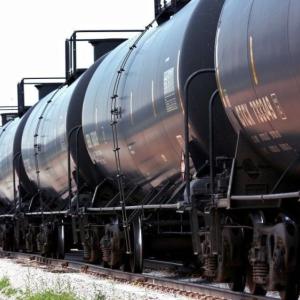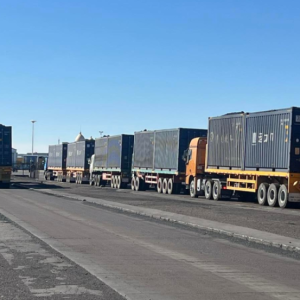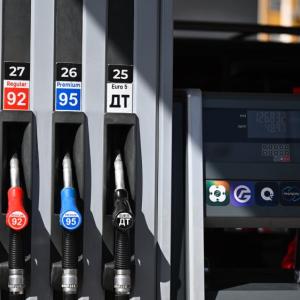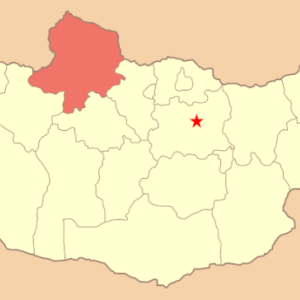National enterprises support President’s initiative to reduce alcohol strength
Society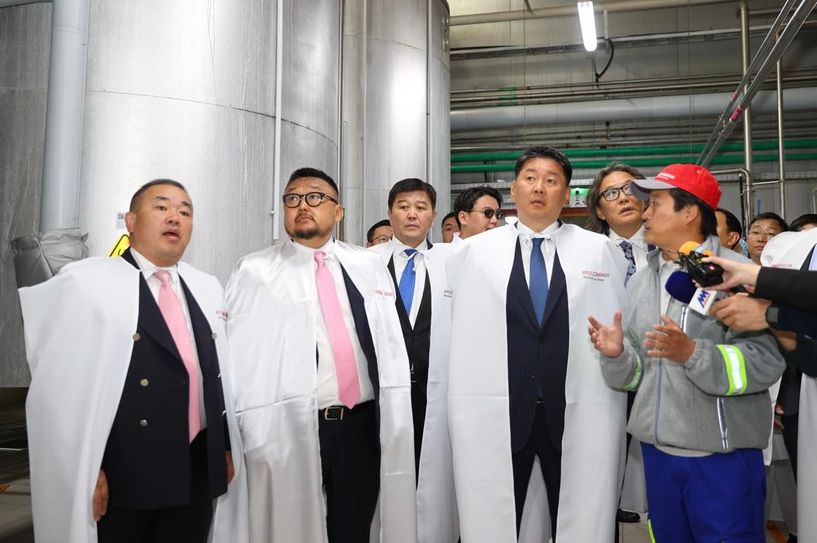
Ulaanbaatar/MONTSAME/. Within the framework of the ‘Food
Supply and Security’ national movement, the President of Mongolia U.Khurelsukh gets
acquainted with the activities of the food industries, research and training
institutes and laboratories, and listens to their views on how to solve the problems
facing the sector and the government's support and assistance.
On June 9, the President visited the national producer ‘APU’
Company and the company’s subsidiaries ‘Natur Agro,’ ‘APU Logistics Center’ and
‘APU Dairy’ food manufacturing plants.
Aimed at reducing the negative impact on human health, social
security and the economy caused by improper use of alcoholic beverages, President
U.Khurelsukh issued an order on instructing the Government to develop ‘Healthy
Mongolian’ target program and ensure its implementation.
In this regard, P.Batsaikhan, President of ‘Shunkhlai’ Group
and Chairman of the Board of Directors of ‘APU’ Company, expressed support for
the order’s statement on reducing the alcohol content in 38% ethyl alcohol by
two degrees every year. “At a time when the world is moving towards more cultured
and responsible use of alcoholic drinks, APU Company has started producing
vodkas bottled at 34% and 36% alcohol by volume,” added P.Batsaikhan.
The President also got acquainted with the operation of the dairy
plant ‘APU Dairy’ LLC, which produces more than 40 types of milk and dairy
products. The company supplies 30 percent of the domestic dairy demand and intends
to implement the ‘Mongol Yak’ project.
In this context, in the first turn the company will purchase a certain amount of semi-processed and processed products such as clotted cream, curds and traditional milk vodka from herders of Chuluut soum of Arkhangai aimag every month and supply to the market as a luxurious final product. It creates an opportunity for herders to have a permanent income, said G.Bayarmagnai, CEO of APU Dairy LLC.
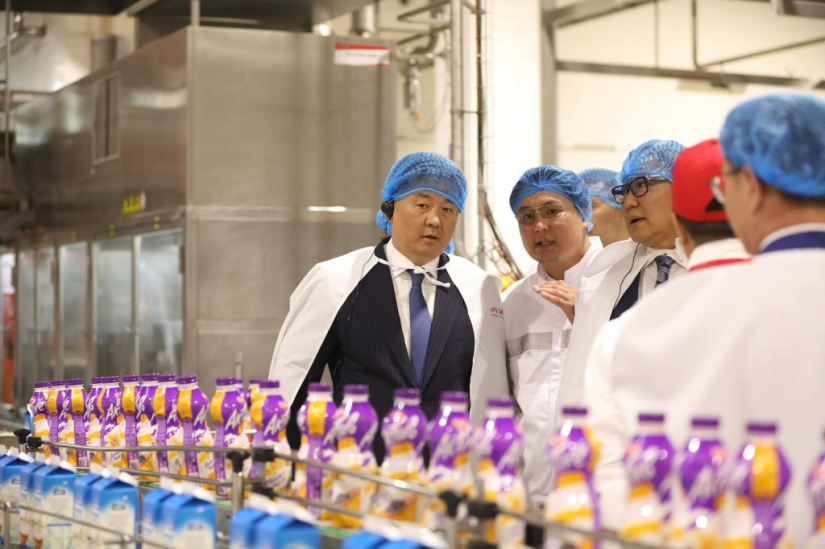
APU Company has six subsidiaries, employing more than 2,000
workers. The company has more than 14 thousand domestic and foreign
shareholders. The company produces and supplies a total of 344 types of
alcohol, water and soft drinks, milk and dairy products to domestic and foreign
markets. It contributes to the national economy by paying an average of over MNT
300 billion in taxes to the state budget each year, intensifying its export
policy, and increasing foreign exchange inflows.
To ensure food safety and quality standards, the constant monitoring is exercised on 31 points for prevention of potential food hazards, 37 points whose processes need to be supervised, and other points that need to be inspected for hygiene and quality.
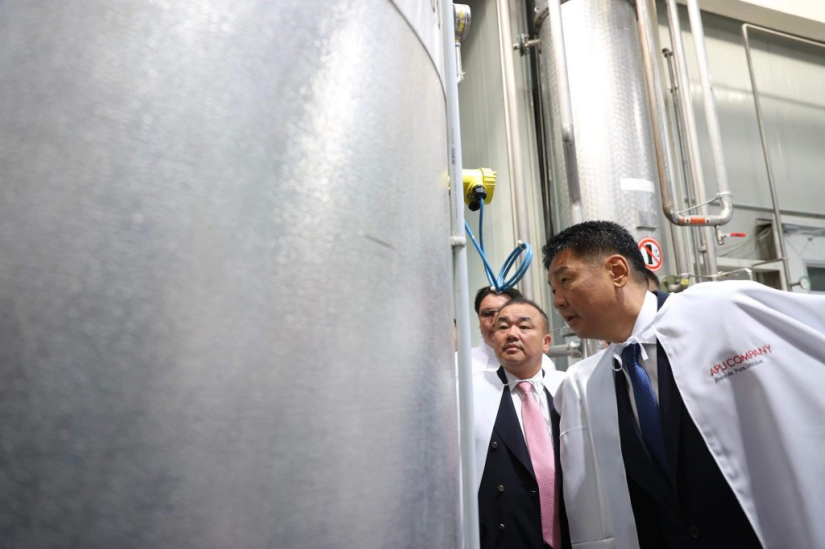
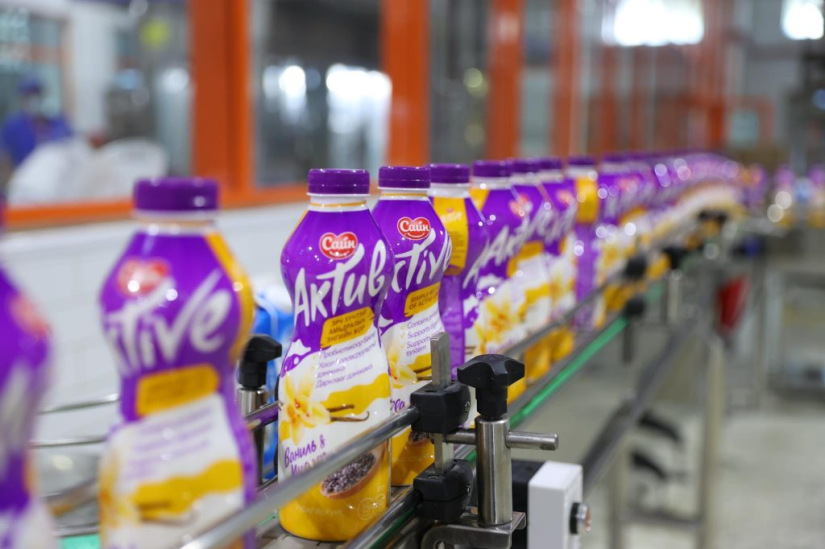
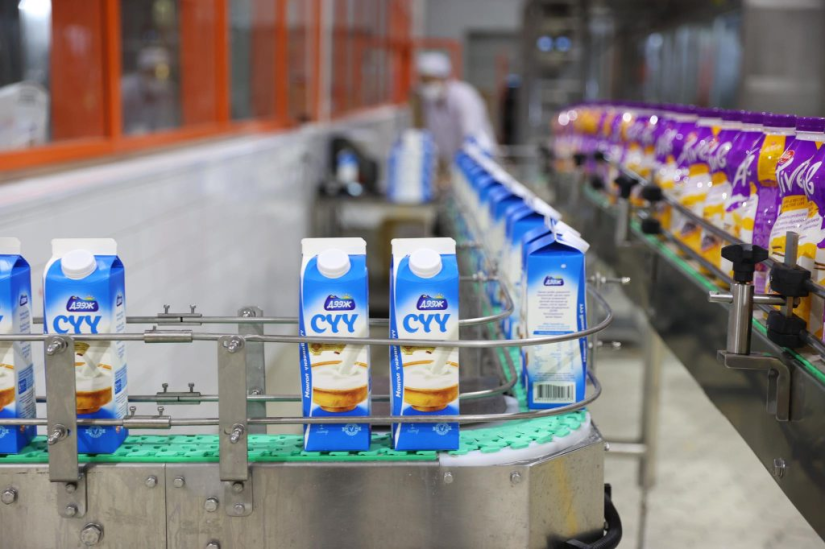
 Ulaanbaatar
Ulaanbaatar

















